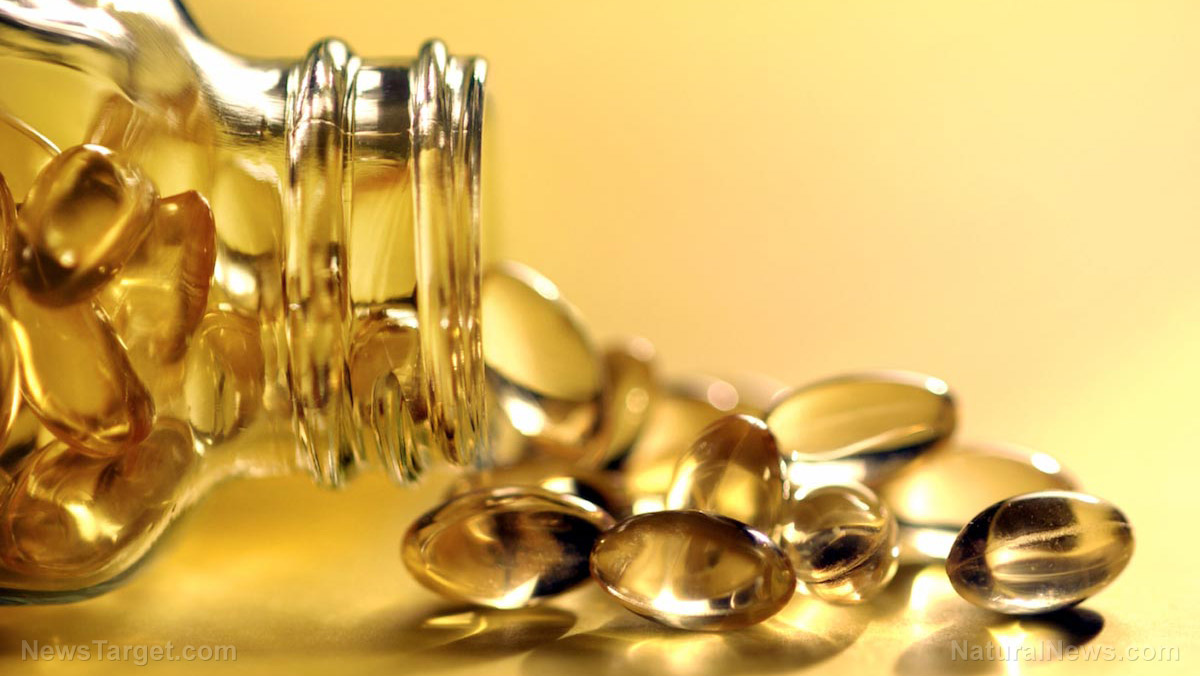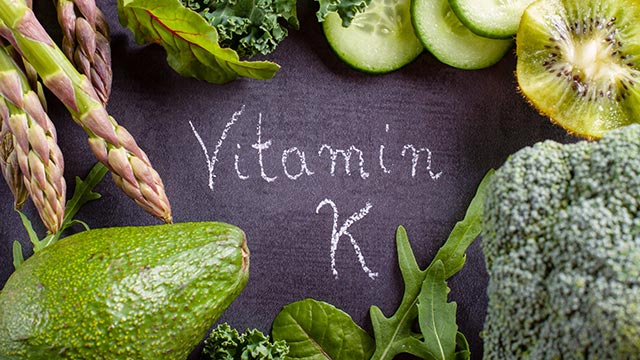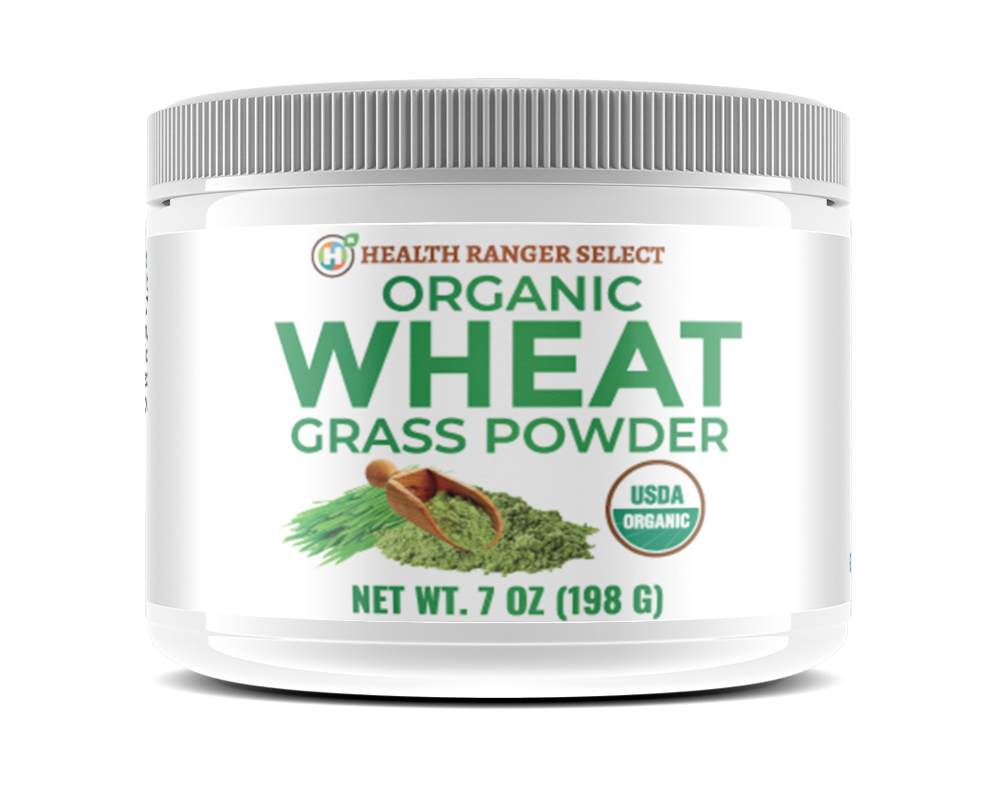Manage your underactive thyroid with these essential nutrients
03/19/2019 / By Michelle Simmons

Hypothyroidism is a condition in which the thyroid gland does not produce enough thyroid hormones to keep the body functioning normally. Eating well-balanced meals is an important part of regulating a dysfunctional thyroid and the factors that contribute to the disease. Here are seven nutrients essential for hypothyroidism:
- Vitamin A: Vitamin A deficiency can cause the thyroid gland to grow bigger and decrease the absorption of iodine, limiting the body’s production of thyroid stimulating hormone (TSH). This vitamin is also important to turn total thyroxine — the inactive form of thyroid hormone — to triiodothyronine. Normally, the body can convert carotene to vitamin A, but people with hypothyroidism can’t. Eating foods rich in vitamin A will not really help unless it is followed by protein. If your meals lack protein, you may also be vitamin A deficient. The body can produce vitamin A from phytonutrients alpha and beta-carotene known as provitamin A. These can be found in vegetables, such as carrots, collards, squash, sweet potato, and turnip, and in fruits like cantaloupe, grapefruit, mango, and watermelon.
- Vitamin B complex: All B-vitamins are good for the thyroid gland, but vitamins B2, B3, and B12 are the best for an underactive thyroid gland. Also known as riboflavin, vitamin B12 can be found in almonds, avocados, beef, pork, and mushrooms. You can get vitamin B3, also known as niacin, from foods like avocado, brown rice, and peanuts. Lastly, vitamin B12 or cobalamin can be obtained from breakfast cereals, meats, and seafood.
- Vitamin D: Most people with hypothyroidism lack vitamin D, and the lower vitamin D levels are, the more severe the symptoms are going to be. You can get vitamin D from orange juice and supplements.
- Vitamins C and E: Vitamins C and E are powerful antioxidants, and antioxidants are highly beneficial in preventing hypothyroidism. Adequate intake of these vitamins, as well as turmeric, will significantly increase triiodothyronine and thyroxine levels. Get vitamin C from citrus fruits, and vitamin E from nuts and seeds.
- Selenium: This mineral is important for overall health, including thyroid health. You can get selenium from shiitake mushrooms, sea fish like tuna, meat, and poultry.
- Zinc: Zinc deficiency can lead to thyroid problems, but effective thyroid hormones are also needed to absorb zinc well — which means that hypothyroidism can make you zinc deficient. To avoid this, eat zinc-rich foods like legumes, nuts and seeds, red meat, and poultry.
- L-carnitine: L-carnitine helps fight fatigue, especially in patients below 50 years old who went through thyroid cancer. Get this nutrient from cooked meat, organic dairy products, and cooked vegetables like asparagus.
Foods to avoid if you have hypothyroidism
While there are certain nutrients and foods that are helpful for an underactive thyroid gland, others can inhibit proper thyroid functioning. Some foods that you should avoid if you have hypothyroidism include all varieties of millet, highly processed foods like hot dogs, cakes, and cookies. (Related: These are the foods you should avoid if you have an underactive thyroid.)
Read more news stories and studies on preventing dementia by going to Nutrients.news.
Sources include:
Tagged Under: disease treatments, food cures, food is medicine, hypothyroidism, minerals, natural cures, natural health, nutrients, remedies, supplements, thyroid function, thyroid gland, thyroid hormones, underactive thyroid, vitamins



















